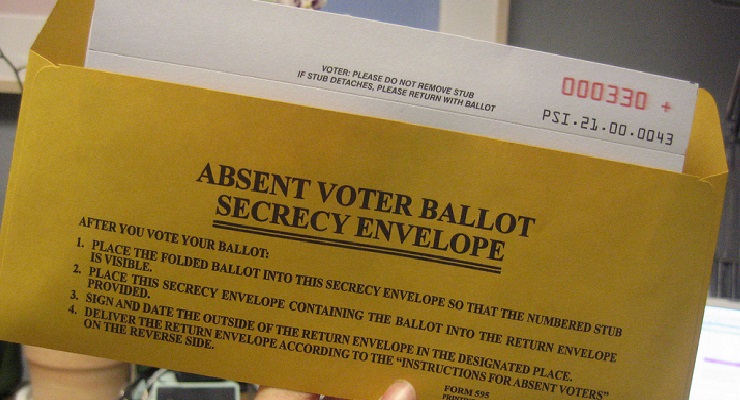
A system that pays facilitators to gather absentee votes may cross some ethical if not legal barriers. According to a new article in the Dispatch by managing editor Zack Plair:
In those days, the ninth-term supervisor said he and a notary public would personally visit homes of disabled voters to witness and notarize their ballots. After that, he’s at times had volunteers canvass for absentees — though he said he never paid them specifically for that purpose and he wouldn’t identify those volunteers on the record.
Now, he said, the “absentee game” has “gotten out of hand” and needs to be reined in. Sometimes, candidates hire the assistance of someone — like Deloach — to gather absentee votes. In other cases, an absentee worker may approach a candidate and offer those services.
If a candidate says no, Brooks said the absentee worker will move on to the next candidate, who may accept the help. He hinted that sometimes the absentee workers may even take money from multiple candidates in the same race.
Rules for absentee voting is no simple matter as the Federal Voting Assistance Program explains:
Elections are managed individually by 50 States, U.S. territories (American Samoa, Guam, Puerto Rico and the U.S. Virgin Islands) and the District of Columbia. This means there are 55 different sets of rules for absentee voting by Service members, their eligible family members and overseas citizens, but the basic steps are simple:
- You register to vote and request an absentee ballot by filling out the Federal Post Card Application (FPCA), and sending it to your election office in your State of legal residence.
- The election office approves the FPCA, disapproves the FPCA or requests additional information.
- Once the FPCA is approved, the election office sends an absentee ballot to you.
- You then complete, and return your voted absentee ballot to your election office by your State’s deadline.
Leave a Reply